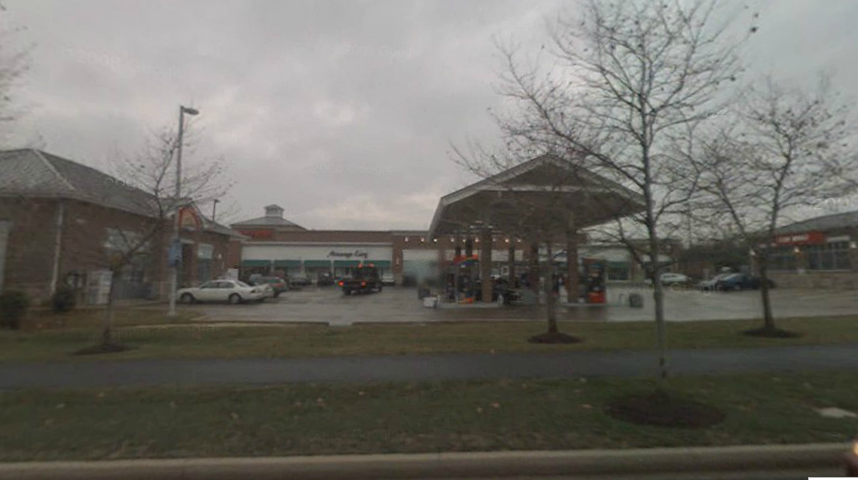Robert Hinderliter
Hall of Fame Member
I read the reports Robert. Unless I read it wrong it says the data was concentrated on fleetwashing. Did I miss something?
I do not believe it is too late.
Where is our advocate?
By this time in the evolution of our industry we should be looked upon as assets in our community like the street sweepers.
We should be showing them that frequent cleaning reduces or eliminates the need for soap and not trying to add more polluting power equipment to justify higher prices.
Confusion and fear tactics have led to customers cutting frequencies or cutting out cleaning altogether.
Why do you have presentations about how we must deal with runoff, but none about the vast benefits we offer society? Why are we presenting about filtration and not educating the AHJ's about systems already built in place and where their authorization ends (on property as long as it is not an imminent threat)
Sent from my DROID RAZR using Tapatalk 2
Tony:
If you have read it, then you did not understand it.
It was based on input from about 100 contract cleaners representing all phases of the industry, including pressure washing, window cleaning, carpet cleaning, hazardous facilities, Grease Trap Services, and Painting Contractors. Fleet Cleaning was about 25% of those attending.
For a lot of stake holders pressure washing was side line to another business. About 25% Flat Work, 25% Truck Washing, 15% Kitchen Exhaust, 35% Other.
When I was a Contract Cleaner for 10 years I started out in Fleet Washing then moved into Building Restoration and gave away all of my Fleet Washing Accounts to other Contract Cleaners; about $50,000 per month of business, we had about 28 employees.
I sold the company because my wife complained that I had not had a day off for 9 months and did not know the day of week anymore.
I had a regulator feel sorry for me and took me under his wing and mentored me on the ways of the EPA and taught me thing that you would never learn from the outside. I founded PWNA as a result of his training and encouragement.
At one point I was under EPA Video Surveillance for 6 months because of all of the false rumors. I was told about it after the Surveillance was complete and they had determined that the accusations were false. They told me that normally I would not have been informed about the surveillance.
If you knew where we came from you would have a different outlook. In the early 90's the industry was totally shut down for a short period in San Francisco. Talk to anyone that survived that period.


